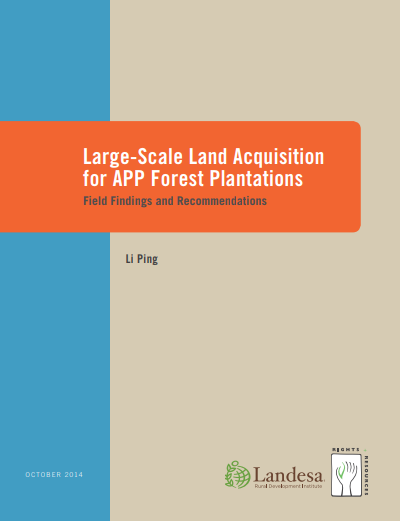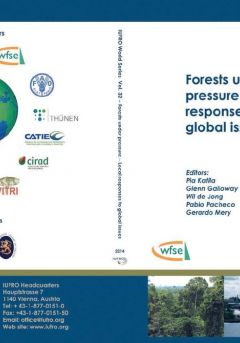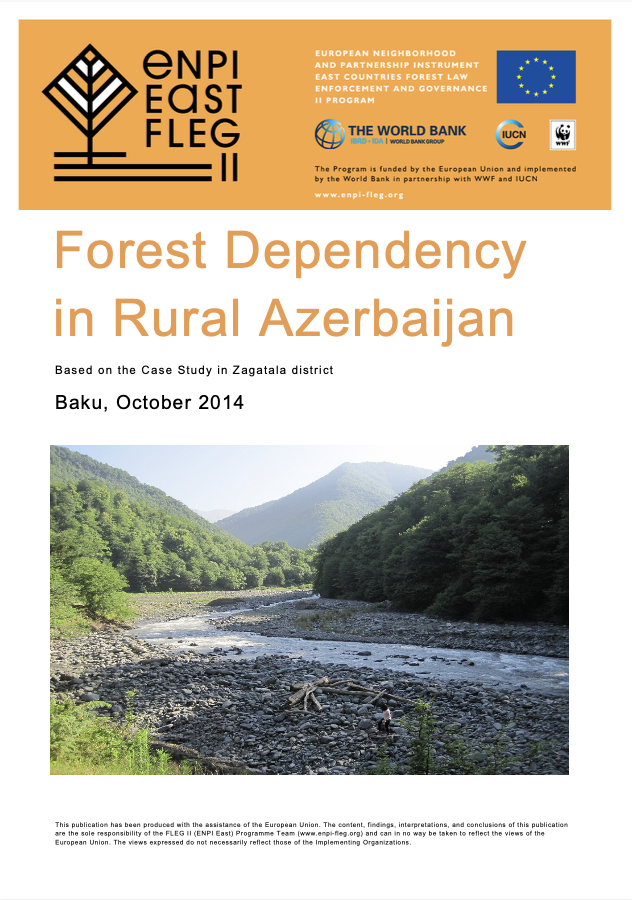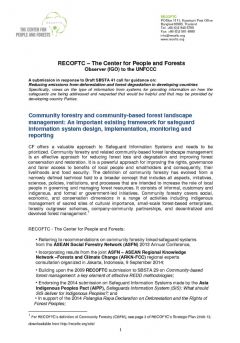Creating Social Safeguards for REDD+: Lessons Learned from Benefit Sharing Mechanisms in Vietnam
Currently, many studies on benefit sharing mechanisms (BSM) and the Reducing Emissions from Deforestation and Forest Degradation programme (REDD+) focus on poverty alleviation and livelihood development. However, relatively few studies incorporate an integrated livelihood framework. This study employs the sustainable livelihoods framework to assess the impact of BSM in Vietnam. The lessons learned could be used in creating social safeguards for REDD+. The communities in Central Vietnam involved in BSM were impacted by the programme on various dimensions.








